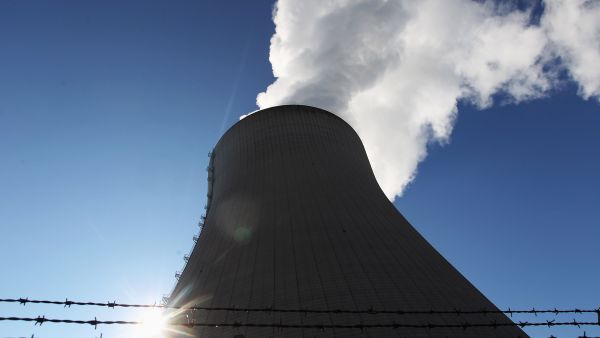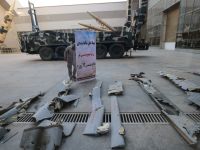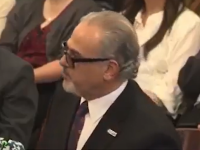”The nuclear program is a strategic choice for Jordan in its drive to enhance its energy resources and resolve the water shortage,” Touqan said at a press conference. The minister said that the Jordan Atomic Energy Commission (JAEC) intended to open dialogue with the country’s civil society organizations with a view to arriving at ”a compromise with the Jordanian public opinion” regarding the site and benefits accruing from the venture.
Also on Wednesday, Touqan assured a delegation of lawmakers and politicians from the Mafraq area, where a new tentative site has been chosen for the reactor, that no step would be taken in this respect before the inhabitants there approve the idea. Lawyers from Mafraq held demonstrations over the past few weeks urging the government to go back on the idea of building a nuclear reactor after a developed country like Japan was hit by a quake and tsunami at the Fukushima nuclear plant three months ago. The government first chose a site 25 kilometers south of the Red Sea port of Aqaba but shifted the tentative location to the Mafraq area, 40 kilometers northeast of Amman, citing the proximity to the Khirbet Al Samra power plant for using its wastewater to cool the reactor. The decision to relocate the site was taken by the Belgian contractor, Tractabel, which has concluded that the seismic padding required to build on the original site near Aqaba would have led to additional costs of about 15 percent, JAEC officials said.
Touqan put the estimated cost of building the 1,000-megawatt Generation III reactor at between $4 billion and $4.5 billion. He said that the government intended to invite bids at the end of this month from three coalitions of nuclear technology groups — Russian, French-Japanese and Canadian-Chinese consortiums. The minister defended the project on the ground that it would help Jordan to meet its rapidly growing energy requirements at half cost of the conventional energy sources, in addition to its safe environmental impact. He put Jordan’s energy bill in 2010 at about $4 billion, or 20 percent of the country’s gross domestic product (GDP). Jordan so far concluded nuclear cooperation agreements with France, Britain, Canada, Russia, China, Spain, Japan, South Korea, Argentina and Romania.








